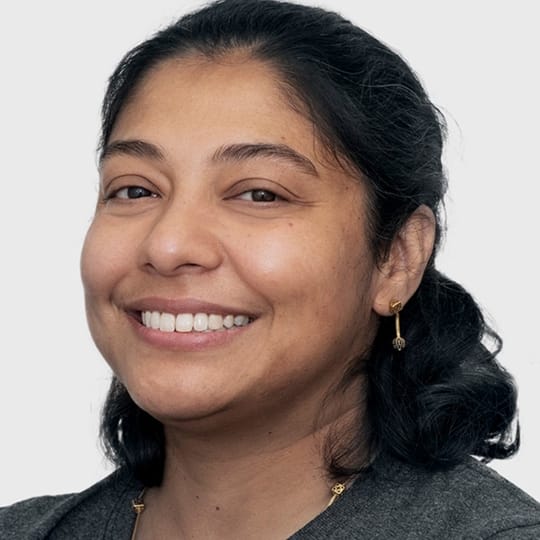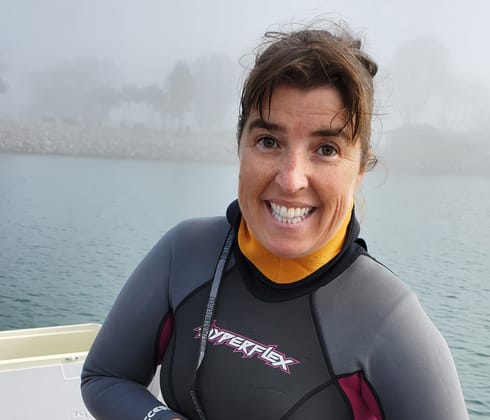
Inside the Lab: Abantika Ganguly on Regenerative Medicine and Resilience
By Keily Gupta
Simultaneously watching an experiment run, taking notes and making observations, a woman stands in the center of a Stanford research laboratory.
Abantika Ganguly, a current staff scientist at Stanford Medicine, researches molecular biology and focuses on studying stem cells and regenerative medicines to help cure incurable diseases. Born in India, she received her bachelor's and master’s degrees at the Indian Institute of Technology (IIT) — she then completed her PhD at the India Institute of Science before concluding her education in the United States to execute her postdoctoral at the Scripps Research Institute in San Diego.
Ganguly started working at a pharmaceutical company while in India. She took the research others did, analyzed it, and made conclusions to solve many problems. However, there aren’t as many research opportunities in India, spurring her decision to move to the United States, where she started working at Stanford for research. When she moved to America, she found it very culturally different and had difficulty adjusting to her new life. Ganguly mentioned that she “had a support system in India,” while she did not have one here.
“When completing my master’s and PhD in India, we were treated as just students,” Ganguly recalled. “All you had to do was think about your work, go to the canteen, and get your food. You also had your whole group of friends with you as a support system.”
She felt a major shift when she moved to the States.
“Once you move to a different country, you are more of an adult,” she said. “You’re independent, and your original structure falls apart. It’s not only learning to work, it’s about learning to balance your work and home life.”
Ganguly also noted that the Professors wanted students to be more independent. However, Ganguly says that this attitude has helped her to build important skills: “When you come to the U.S., it’s a little bit of a shock because you’re not used to it and everything falls on you together. But I would say it makes you a more independent and strong person here because you’re not treated as a student. You fall harder, but you learn to think for yourself, which is good.”
Ganguly’s current job as a research scientist at Stanford University is based on molecular biology, specifically, STEM cell and regenerative medicine.
“There are still some diseases out there that don’t have an FDA-approved drug for them, and there is no cure,” Ganguly explained. “There’s only what one would call palliative care.” Palliative care involves trying to treat a disease that cannot be cured, such as the treatment of cancer, lung disease and kidney disease.
“What we are trying to do is use the power of STEM cells to find a cure for these diseases in which an organ has been damaged and no drug can fix them,” Ganguly continued.
She and her team are trying to find a way to transfer cells to fix the broken-off or damaged part of someone’s organs. Currently, they’re still in the testing stage, using mice in experimental trials.
Ganguly found that the research field is “different because it’s not an applied field, where you do the work and you see instant and tangible results. The reason it’s called research is that you keep searching for the same thing over and over again to finally get a very small portion of it. It will take years before the public sees your work.”
Despite this, Ganguly believes that her work is meaningful and enjoys the implications of what is possible.
“It takes a lot of patience and resilience, a feeling that you should be self-satisfied with your work,” she says. “You have to think long-term. Ask yourself, right now: does it appeal to me for a short period of time, or will it appeal to me for a very, very long time? You have to be satisfied with what you’re doing, which may not be so evident to everyone.”


